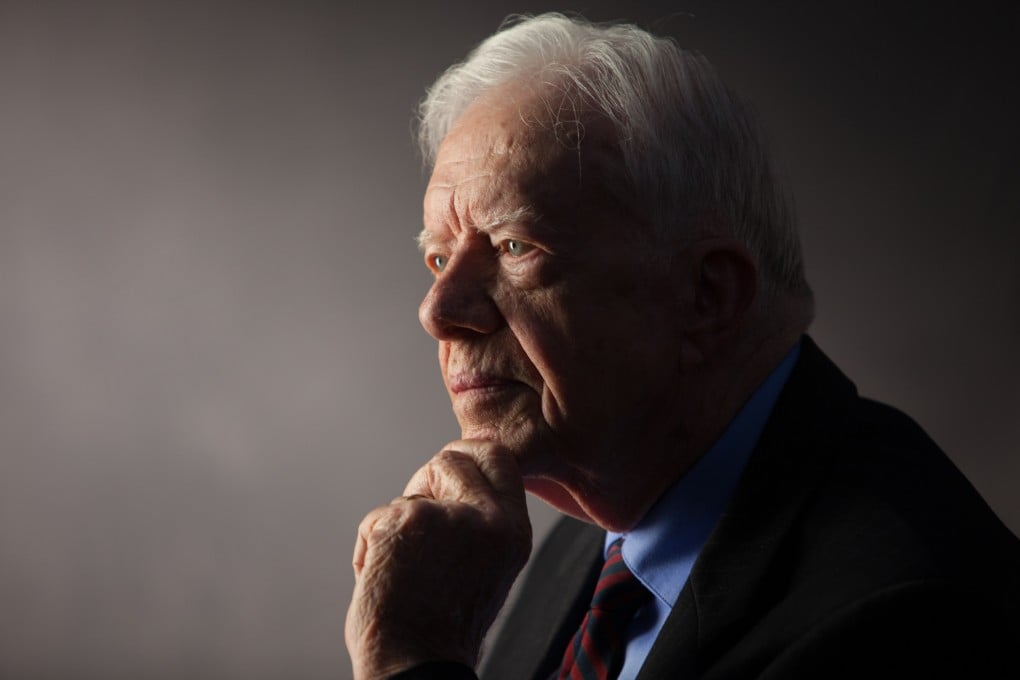Advertisement
Opinion | How ‘old friend’ Jimmy Carter opened the door for China – and how Beijing can repay the favour
The Carter era has lessons for a rising China as it frets about a recession and what Trump may bring
Reading Time:4 minutes
Why you can trust SCMP
2

The death of former American president Jimmy Carter, who oversaw as Washington switched its diplomatic recognition from Taipei to Beijing, marked the end of an era for US-China relations.
He was probably the last of a sort of China-friendly American politician who, along with his adviser Zbigniew Brzezinski, achieved what Richard Nixon and Henry Kissinger started but were unable to finish.
In one of the most dramatic moments in his one-term presidency, Carter declared in a televised address to the nation on December 15, 1978 that Washington would establish official ties with Beijing while breaking the mutual defence treaty with Taipei.
It marked the normalisation of China-US relations, which in retrospect set the stage for China’s reform and opening up of its economy to the US and other Western countries and led to its global ascendancy in the following decades.
Three days after Carter’s announcement, the historic Third Plenum of the 11th Communist Party’s Central Committee was held in Beijing, at which late paramount leader Deng Xiaoping launched his open-door policy.
China sees Carter as “an old friend” and President Xi Jinping offered his condolences on Monday, but officials in Beijing have rarely talked about the link between China’s rapid rise and the largely conflict-free development of bilateral ties since the Carter era.
Advertisement

